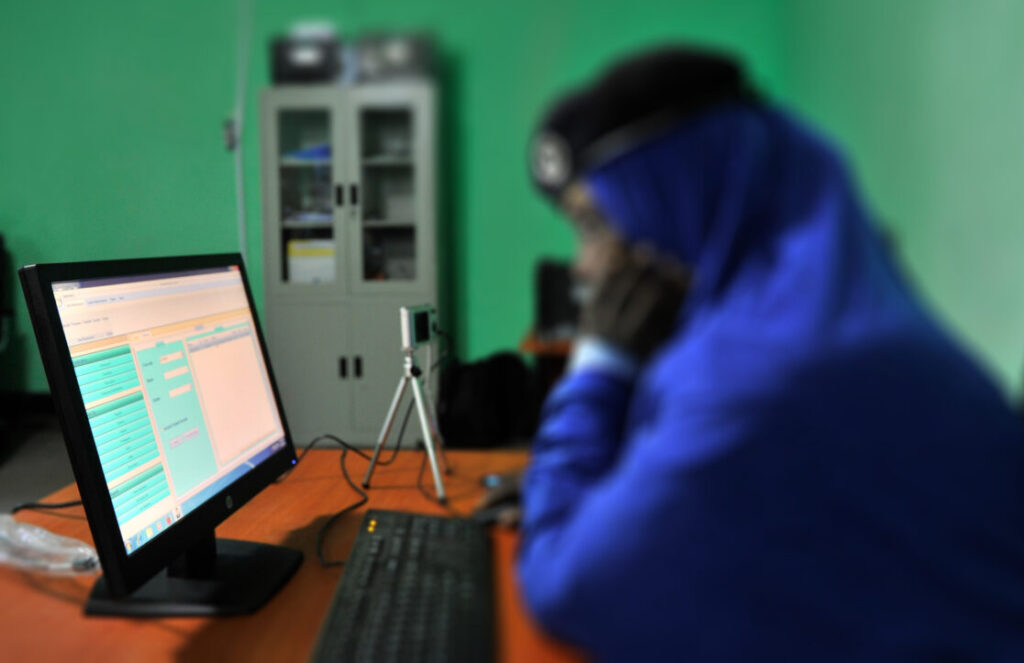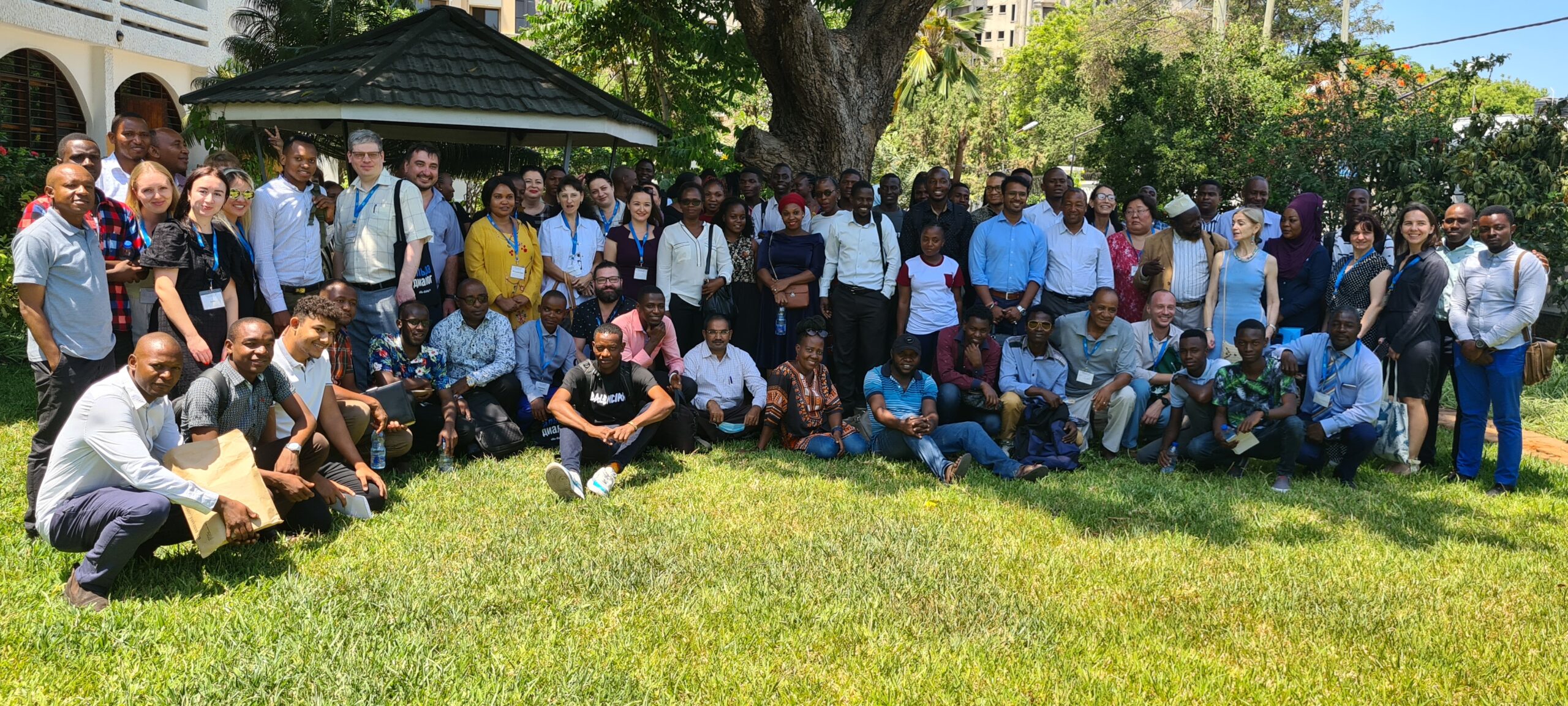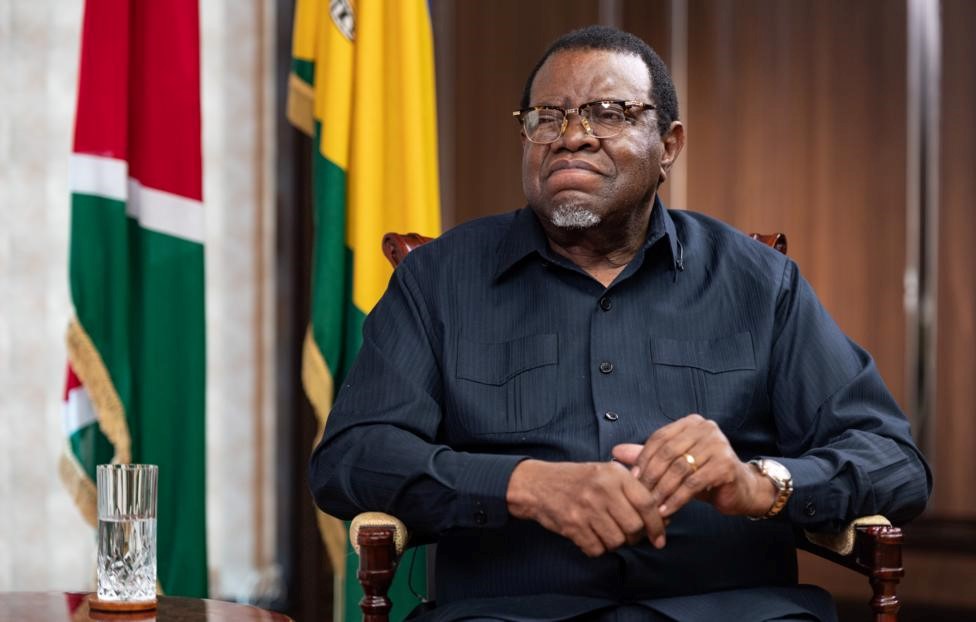
A recent report detected several government agencies using Circles’ platforms to snoop on texts, calls and locate private individuals.
As internet penetration and smartphone usage increases across Africa, digital spaces have become increasingly important in organising opposition movements. In response, several governments have at times shut down the internet or blocked social media apps. More recently, however, some regimes have turned to digital surveillance technology for more subtle ways to crush resistance.
In a recent report titled Running in Circles, the University of Toronto’s Citizen Lab – which investigates digital espionage against civil society – details how 25 governments around the world are using tools developed by the Israeli telecoms company Circles. Its technology is sold to nation-states only. It intercepts data from 3G networks, allowing the infiltrator to read messages, emails, and listen in on phone calls as they occur. Using only a telephone number, a Circles platform can also identify the location of a phone anywhere in the world within seconds without a warrant.

Circles is affiliated with the notorious NSO Group, whose Pegasus spyware has been widely used to spy on human rights defenders and journalists. Unlike that technology, however, Circles’ tools does not require targets to click on a malicious link. It works by exploiting flaws in Signalling System No.7 (SS7), the set of protocols that allows networks to exchange calls and text messages between each other. SS7 is predominantly used in 2G and 3G systems, which in 2019 became the leading mobile technology in sub-Saharan Africa, accounting for over 45% of all connections.
With the faster and possibly more secure 4G networks years away from becoming the standard for mobile connectivity in Africa, Circles technology is ideal for power-hungry African leaders looking to spy on critics. Indeed, of the 25 countries identified as likely to be using Circles’ tools, seven are on the continent.
Nigeria
Citizen Lab detected two Circles systems being used in Nigeria. It identified one likely client as being the Nigerian Defence Intelligence Agency (DIA), while a 2016 investigation by the Premium Times found that the governors of Delta and Bayelsa states used Circles to spy on opponents.
Nigeria has a long history of surveillance technologies being used against civil society and government critics. Femi Adeyeye, a Lagos-based political activist who has been detained several times, cites several cases – such as those of Omoyele Sowore, Abubakar Idris Dadiyata and Stephen Kefas – in which Nigerians have been swiftly traced, arrested and detained after criticising the government. The Committee to Protect Journalists (CPJ) has also reported numerous cases of the Nigerian authorities targeting journalists’ phones.
“We are already in the worst stage of dictatorship,” says Adeyeye. “Freedom of expression, media, and political association have been further weakened by this spying technology.”
He suggests that political analysts now self-censor, particularly since witnessing the government’s infiltration of the #EndSARS movement against police brutality in late-2020. “They have seen how people have been traced, their passports seized, bank accounts frozen and they have been forced to go into exile,” he says.
Zimbabwe
Three Circles platforms were detected in Zimbabwe. The use of one dates back to 2013, while another was activated in March 2018. The Zimbabwean government has long targeted its critics and opponents. Last year, investigative journalist Hopewell Chin’ono and opposition politician Jacob Ngarivhume were detained ahead of anti-government protests. Circles technology may be facilitating this repression.
Equatorial Guinea
In Equatorial Guinea, Circles technologies have been operating since 2013. For 40 years, President Teodoro Obiang has kept power partly by suppressing opponents by using torture, extra-judicial executions, arbitrary arrests, and the persecution of political activists and human rights defenders. Obiang has violently crushed protests and ignored demands for electoral reforms and term limits. Surveillance methods could be an important part of his toolbox.
Morocco
Morocco’s Ministry of the Interior has been a Circles Client since 2018. Rabat has a history of leveraging digital technology to unlawfully target human rights activists.
Botswana
Despite being hailed as one of Africa’s most democratic countries, Botswana’s Directorate of Intelligence and Security Services (DISS) is linked to two Circles surveillance systems dating back to 2015. The DISS is known for targeting journalists investigating political corruption.
According to Moeti Mohwasa, spokesperson for the opposition Umbrella for Democratic Change (UDC), Israeli companies have been selling spying software to the Botswana government for years. He alleges that this equipment has been used to eavesdrop on opposition politicians and union leaders.
Kenya
Citizen Lab detected a Circles system being used in Kenya. This did not surprise Suhayl Omar, who researches policing, surveillance, and militarism in Nairobi.
“In Kenya, freedom of expression and media freedoms are under constant threat. The [Uhuru] Kenyatta regime has waged a war against constitutionalism and any form of opposition in Kenya,” he says. “The Kenyan government relies heavily on surveillance of its citizens to crack down on any form of opposition.”
Zambia
Zambia appears to be another Circles client. Its government also has a record of using surveillance against its critics. In 2019, authorities arrested a group of bloggers who ran an opposition news site, allegedly with the aid of a cyber-surveillance unit in Zambia’s telecommunications regulator used to pinpoint the bloggers’ locations. It is not known if a Circles system was used but the technology has these capabilities.
Should the Israeli government be held responsible?
The ultimate responsibility for using these surveillance technologies lies with the government agencies that pay huge sums for them. However, some campaigners argue that the Israeli government shoulders some responsibility too for allowing questionable tech firms such as Circles to operate and by providing them with export licenses.
Israeli minister Zeev Elkin has refuted this suggestion, insisting that “everyone understands that this is not about the state of Israel”. But many disagree.
“The Israeli regime has actively enabled the authoritarianism of Uhuru Kenyatta,” says Omar. Mohwasa makes the same argument regarding the government in Botswana which he suggests is increasingly eroding civil rights. “Israel is aiding these dangerous trends,” he adds.
In January 2020, Amnesty International filed a lawsuit in Israel calling for the Defence Ministry to ban the export of invasive spying software. In July, a court denied the request.
According to some analysts, the sale of spying equipment is in fact an important part of Israel’s diplomatic charm offensive in Africa. Tel Aviv has been forging closer partnerships with governments on the continent in recent years in the hope of diminishing African solidarity with Palestine and gaining supportive votes in the UN. Helping rulers stay in power – even at the cost of widespread popular freedoms – is one way to make friends.







